RIDDOR Training Course
Quantity: 1
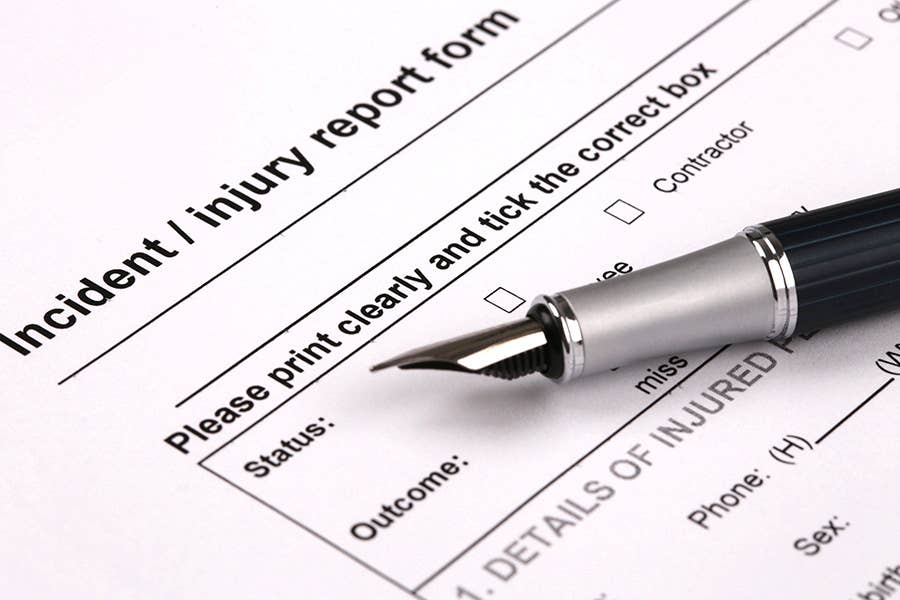
Duration 2-3 hours
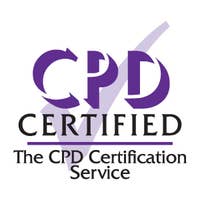
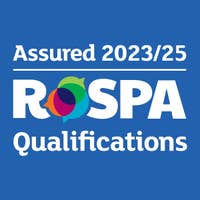

100% online training
Start when you like
Learn on any device (desktop, mobile or tablet)
Instant assessment and result
1 learner per course
Train teams of all sizes
Bulk discounts starting at 10% off 10 courses
Pay by invoice with 30 day payment terms available (5+ courses)
Includes a 10% discount for 10+ courses
The Reporting of Injuries, Diseases and Dangerous Occurrences Regulations 2013, or RIDDOR, is the law that requires responsible people in the workplace to record and report certain work-related illnesses and injuries.
This online RIDDOR course provides a thorough introduction to RIDDOR legislation, explaining why incidents must be reported, which incidents need to be reported and how to submit a report online, by phone or in writing.
100% online training
Access anywhere
Same day digital certificate
Printed certificate posted next working day
Full audio voiceover
Assessment retakes at no extra cost
Written in compliance with the Reporting of Injuries, Diseases and Dangerous Occurrences Regulations 2013 (RIDDOR)
Developed by health and safety professionals
Accredited by CPD and assured by RoSPA Qualifications
Bulk discount for orders of 10+ courses

Save on our courses when you buy more training upfront. Lock in a better price now and access the training whenever you need to. You can mix and match any of our courses too and get the discount off your whole order.
10+ courses = 10% off
50+ courses = 20% off
100+ courses = 30% off
500+ courses = 40% off
By the end of this course, you will:
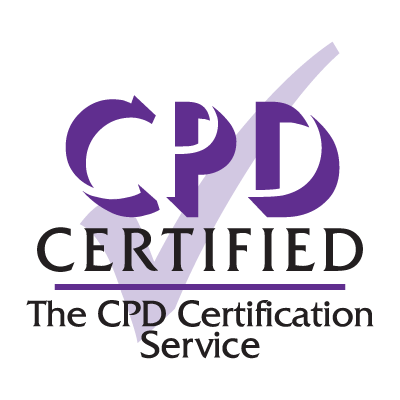
Accredited by CPD
All of our courses are accredited by the CPD Certification Service as conforming to universally accepted Continuing Professional Development (CPD) guidelines.
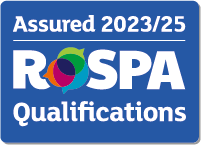
Assured by RoSPA Qualifications
This course is also assured by the Royal Society for the Prevention of Accidents through their RoSPA Qualifications Assurance System, as providing up-to-date, quality and content-approved training.
Our in-house Learning Designers develop all of our courses to give you and your learners the most engaging training possible.








What is RIDDOR?, who does RIDDOR relate to?, RIDDOR in Northern Ireland, why do accidents need reporting?, benefits of good health and safety, and key definitions.
What are accidents at work?, exemptions, specified injuries, deaths, over 7-day injuries, over 3-day injuries, and injuries to members of the public.
Occupational diseases, exposure to carcinogens, mutagens and biological agents, diseases offshore, dangerous occurrences, gas incidents, and mines, quarries and offshore site disturbance.
Who should report accidents?, when should reports be made?, how to make a report, reporting out of hours, what records need to be kept, the accident book, and how long do records need to be kept for?
Defence, certificates of exemption, HSE involvement, and prosecution.
The online assessment is taken on completion of the training material. You will be asked 10 multiple choice questions with a pass mark of 80%. The answers are marked automatically so you will instantly know whether you have passed. If you don't pass don't worry! You can take the test as many times as you need with no extra charge.
All employers and people who are in control of premises (the responsible person) must make a report under RIDDOR in case of an accident and so should have adequate knowledge of the regulations. This course covers all aspects of the RIDDOR legislation so that the responsible person understands when, why and how to make a suitable report.

In partnership with
Neil Murray
Health and Safety Consultant
Neil Murray is a vastly experienced and highly qualified health and safety professional who has held roles such as Senior Health and Safety Executive inspector, and Principal Inspector for Channel Tunnel construction. He has also held senior roles in an international infrastructure business, a major UK water utility company and a major construction group and provided management consultancy to numerous companies across a wide range of industries.
Neil has a wide expertise in many sectors, including construction, civil engineering, manufacturing engineering, water and waste utilities, education, heritage sites, public safety, rail construction and operation, transport, marine, waste management, engineering design and industrial and facilities management services.
Neil is a QSA auditor for RoSPA and also an author of published guidance on health and safety in the construction of the Channel Tunnel, work at height, major project management, and online training courses.